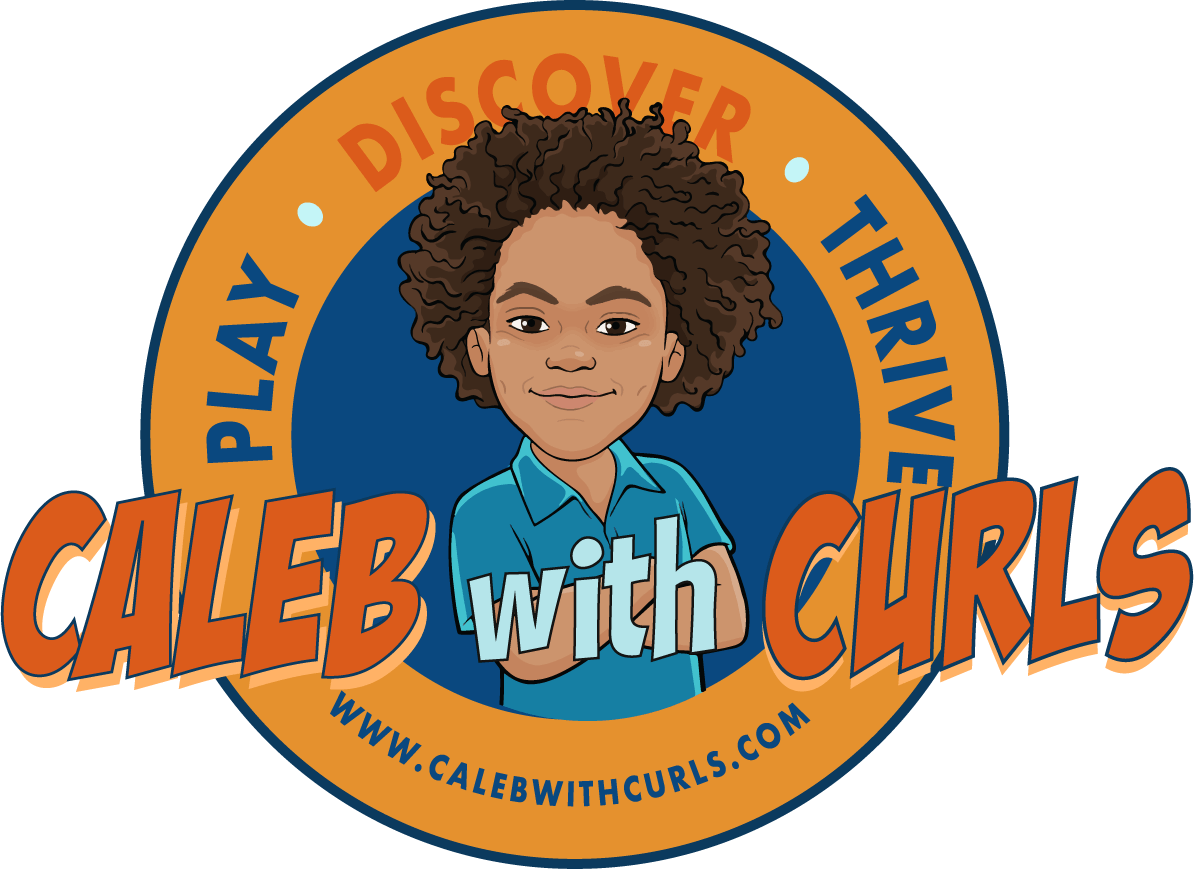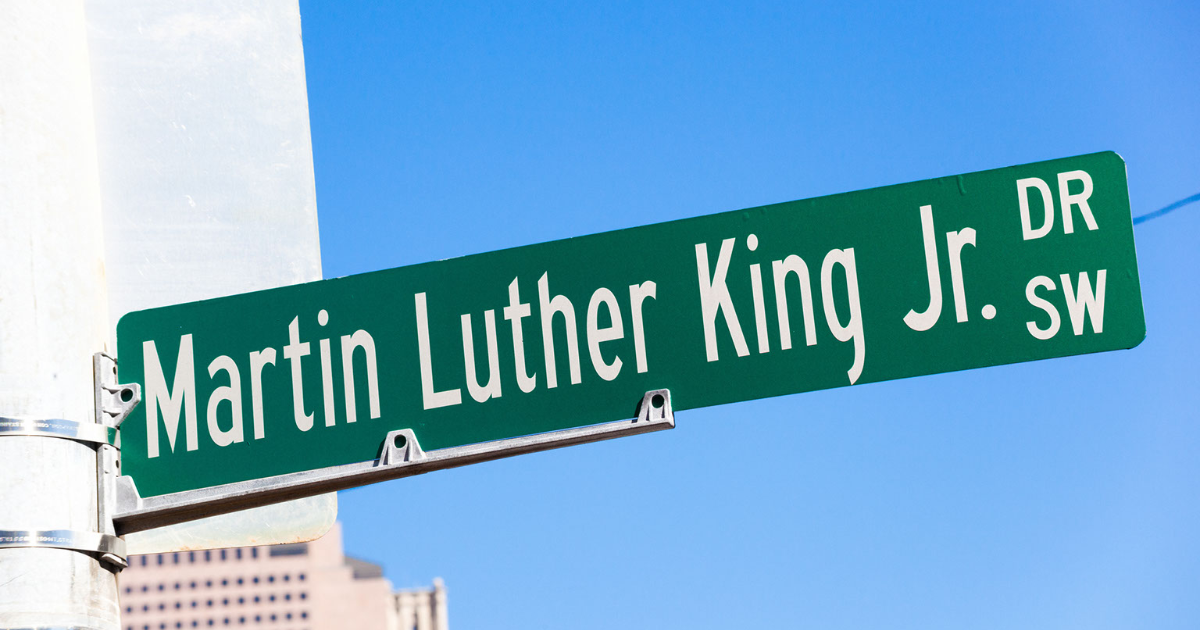In the U.S., Black HIstory Month is celebrated in February. It is an important celebration of what makes black people in America unique and important. While it is true that we should note important contributions from black Americans the entire year, I appreciate having an entire month to focus on what my race has provided this great country. I created a month worth of videos in 2022 for the purpose of acknowledging Black History Month, including this one.
I know it is early, but I want to get a jumpstart on the month by looking now at the contributions of perhaps the most famous and influential black American of all time, Dr. Martin Luther King Jr.

Civil Rights Movement

Civil rights were a topic of conversation before Dr. Martin Luther King Jr. came along. But it wasn’t until 1955, when MLK led the bus boycott in 1955, induced by the dramatic and symbolic incident with Rosa Parks, that there was an actual coordinated movement to address civil rights injustices in America.
Dr. King conducted demonstrations, such as lunch counter sit-ins, to draw attention to the inappropriate and illegal manner in which black Americans were treated in everyday situations. He set in motion the dramatic changes that took place through the 1960s
in how black Americans existed within the normal structure of American life. He inspired thousands, perhaps millions, of black Americans to stand up for what was their right, and he eventually forced the American government to state clearly that discrimination based on the color of a person’s skin was illegal and immoral.
Without Dr. King, it is hard to know whether there would ever have been a successful “movement’’ of the collection of people as well as a “movement’’ of the way laws were enforced in the United States.
Civil Disobedience and Peaceful Protests
Civil disobedience existed long before Dr. King was born. Author Henry David Theoreau is credited with creating the term, which he used to describe his unwillingness to pay state taxes as a protest against the institution of slavery.
What Dr. King did was demonstrate the power of civil disobedience when conducted by a large group of people. The strength of coordinated behavior among a large group of people became the calling card of demonstrations led by Dr. King. It was impossible to ignore the demonstrations he led in defense of civil rights and voting rights for black Americans.

While black American males had the right to vote starting in 1870, there were numerous state and local level laws which prohibited or limited the opportunity for black Amerians to exercise their right to vote. Often, voting officials merely ignored the law and put up unofficial blocks on the voting opportunities of black people. Black American women were not allowed to vote until the passage of the Voting Right Act of 1965, a law that came as a result of the powerful demonstrations and speeches by Dr. King.
One important aspect of Dr. King’s legacy is that he taught all Americans that change could occur through peaceful protests. He made it a moral imperative that any gathering or march he was involved in would be conducted peaceably and within the laws and standards of the community. Dr. King often spoke of the power of nonviolent protest, and he abhorred violence in any form.
His Speeches
In modern society, much of our communication occurs through typed words, either by email or by text. How many phone calls do you have in a week, when you actually speak to someone voice to voice? It’s probably far less than what occurred a decade ago.
Dr. King was not only a brilliant speaker, with a voice that carried and a speaking manner that evoked images of strength. He was also a thoughtful and talented writer. His “I have a dream” speech is not special only because of how he delivered it. It is special because of the words he used to convey his passion for a greater America.
Dr. King told us that “injustice anywhere is a threat to justice everywhere”, and “darkness cannot drive out darkness. Only light can do that.”
He taught us, most importantly, that “our lives begin to end the day we become silent about things that matter.
We live in a world today in which some people are criticized for being “woke”, which merely means they are willing to point out injustices within our way of life (this is known as “systemic injustice”). Dr. King told us time and again that only by pointing out those injustices will they ever be erased from our social and political structure
Every Month Should Be Dr. King Month

I don’t mind that there is one month set aside to celebrate black history. It’s better than nothing (even if it is the shortest month of the year).
But, in the case of Dr. Martin Luther King Jr., we should be celebrating his legacy every day of our lives, not just in February.
Keep his words and deeds in mind every time you experience injustice, not just for yourself or your kind, but for all people.



